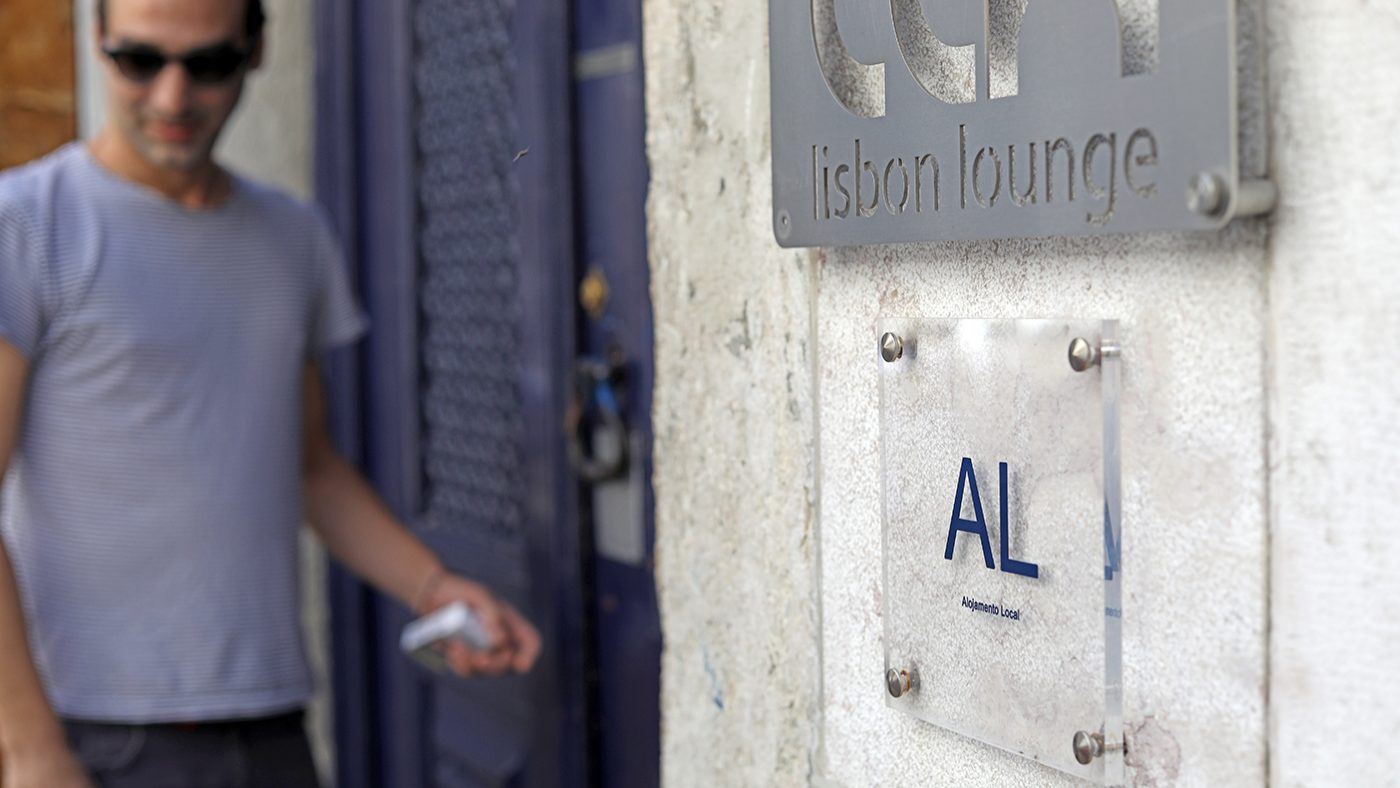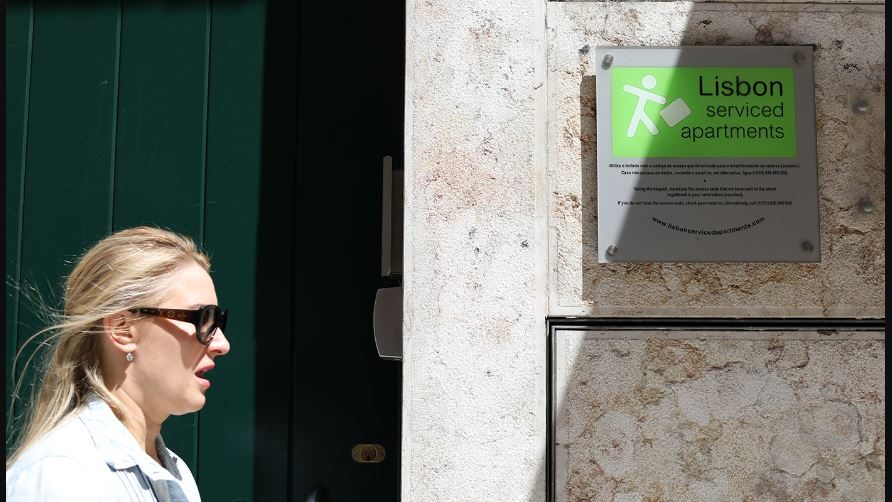New rules for local acommodation ‘require insurance that does not exist’
There is an error in the legislation, as "the term ‘multi-risk insurance for civil liability’ “does not correspond with the technical and legal terminology of insurance activity”, said the APS.
New rules in Portugal for short-term rentals known as ‘local accommodation’ in the list of tourism categories, oblige the properties’ owners to contract multi-risk civil liability insurance of a kind that does not exist in the country, DECO, a consumer association, warned on Friday.
“There are multi-risk housing, multi-risk company and multi-risk condominium insurance policies,” the association said in a statement sent to Lusa. “But there is no multi-risk insurance for civil liability, which shows a grave ignorance on the part of parliament about the matter on which it legislated.”
The law in question came into force on 21 October and amended the rules under which properties may be operated on the ‘local accommodation’ basis, introducing the requirement that the owner “must sign and maintain the validity of a multi-risk insurance for civil liability that protects them from their assets and claims in the context of its tourist activity.”
According to DECO, the law thus imposes a requirement of “insurance that does not exist”.
The association said it had contacted the Portuguese Insurers Association (APS), which confirmed the error in the legislation, stating that the term ‘multi-risk insurance for civil liability’ “does not correspond with the technical and legal terminology of insurance activity”, the legal framework for which “expressly lists the insurance … branches or arrangements that insurance companies may be authorised to enter into.”
Lusa raised the issue with the Ministry of Economics, but has not yet received a response.
At present most local accommodation properties “will only be covered by a multi-risk housing insurance policy”, said DECO, noting that “most of them include civil liability cover outside the contract, that is, for damages caused to third parties who have no contractual relationship with the owner” – excluding tenants and guests.
With the changes to the local housing regime, the insurance market should create new products that combine different protections, to cover damage suffered by guests or caused by them to the building the property is in. In this way “the result should be more like [policies] contracted by tourism companies and further from the traditional policy for private housing.”
The new rules, which allow local councils and condominium assemblies have a say in the authorisation or not of property for short-term rental, were approved by parliament on 18 July, and promulgated by Portugal’s president on 2 August, although he noted the existence of some “questionable solutions” in it that might throw up practical problems.
LUSA




